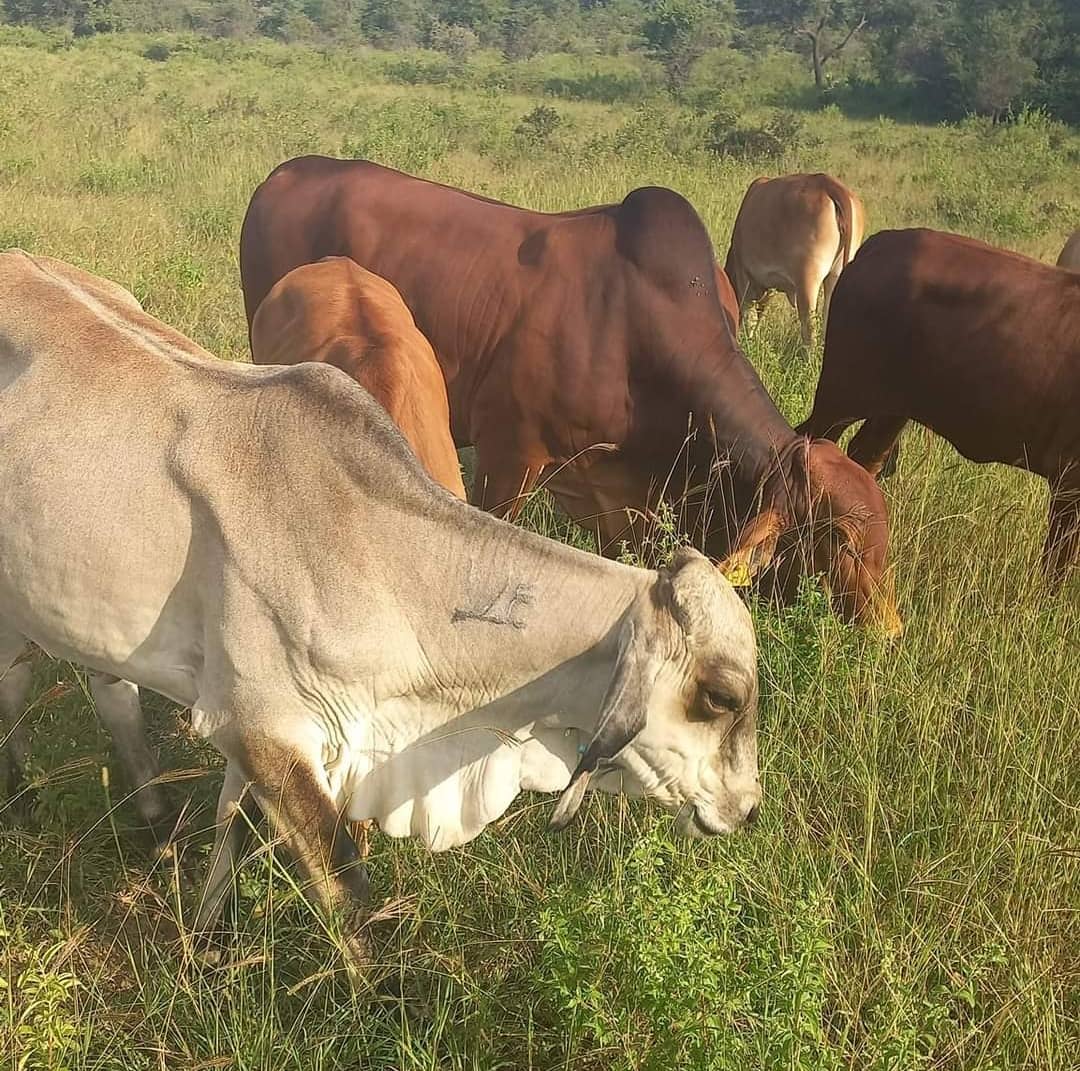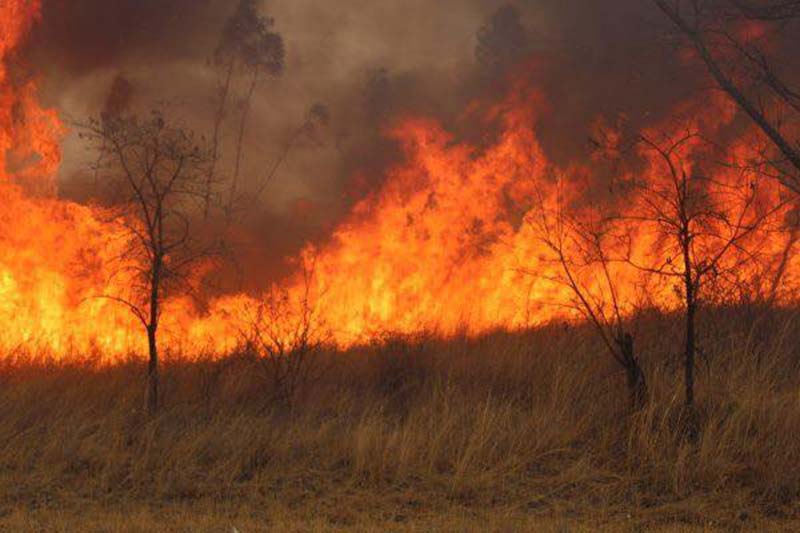Dip cattle or lose them – Vet Dept
Share

Bulawayo (New Ziana) – The Department of Veterinary Services on Monday advised farmers to dip their cattle religiously, warning not doing so carries the risk of losing the livestock to tick borne diseases.
Matabeleland South provincial veterinary officer, Enat Mdlongwa expressed concern over low numbers of cattle being brought for dipping.
Tick borne diseases (TBDs), also known as January disease, claim thousands of cattle countrywide every year, dealing rural communities a huge economic blow.
TBDs account for more than 60 percent of cattle deaths in the country.
“We are appealing to all farmers to bring their cattle for dipping. That is the only way can eradicate and control the spread of tick-borne diseases ravaging our communities,” Mdlongwa said.
He urged farmers not to give excuses when it comes to dipping of their cattle.
“We urge farmers to take cattle for dipping. You should not leave other cattle in the villages. Those animals may have ticks that may breed and continue infecting other animals. If you have 50 cattle bring them all don’t leave others at the village,” he said.
According to records, Mdlongwa said very few cattle have been dipped in the province, triggering fears of the possible spread TBDs to other areas.
He cited Insiza as one area where many farmers are losing their livestock to tick-borne diseases.
The call by the veterinary department follows the death of 500 000 cattle from the tick-borne diseases from 2016 to date. This has led to a decline of the national herd which currently stands at five million.
Government under the National Development Strategy 1 (NDS1) has initiated a livestock growth plan which seeks to achieve a US$8, 2 billion agriculture economy by 2025 to contribute to the attainment of Vision 2030.
In 2022, the government, with the support of the Food and Agriculture Organisation and European Union launched a 10-year integrated national ticks and tick-borne diseases control strategy to improve livestock productivity in the country.
New Ziana







